The recent action by Google to restrict Huawei’s access to Android has had many asking how much control the company has over the mobile operating system. Android is, after all, supposed to be free, and open to development and deployment by all, but is it? Or is there a licensing clause that we are entirely unfamiliar with, and which gives Google unprecedented powers over the otherwise open-source project? These are some of the questions that this article seeks to answer.
What Is Google Accused of?
Google is often lambasted for having too much say over the Android system. In 2018, for instance, the company was fined a whopping $5.05 billion by the EU commission for violating EU antitrust rules. In this case, the company required phone manufacturers to pre-install the Google Search app and the Chrome browser before being allowed to have a license to Google Play Store. The EU deemed these actions illegal, stating that the company had “imposed illegal restrictions on Android device manufacturers and mobile network operators to cement its dominant position in general Internet search.” Having determined that Google was acting in an unacceptable way, the EU went on to penalize the company.
And then, of course, there are the restrictions that the company put on Huawei that limited the Chinese giant’s use of Android and access to its apps. These restrictions followed after the Trump administration put Huawei in an “entity list” that barred it from accessing American techs without government approval. Few people expected that Google would interpret Trump’s administration intent this way: Android is, in the minds of most people, a free platform safe from the control of governments or any corporation. This seems not the case.
So, how much control does Google have over Android? First, you must understand that Google is wary that some other players might have an outsized role in the development and deployment of Android- it is, after all free. To guard against this, the company has developed an umbrella of apps and services within the Android system that is a must-have for most phone manufacturers. These apps include Google Chrome, YouTube, Play Store, Google Maps, Google Calendar, Google Search, Hangouts, Google Music, and Gmail. These apps and the related services are what Google exerts control over and the ones that it was able to restrict Huawei from accessing and to force on to manufacturers.
While it might seem that these apps are not that many, it is a huge deal for phone manufacturers to be restricted from accessing Play Store, where millions of Android apps, including utility apps such as AndroidCare, are hosted. On Play Store is where Google’s power primarily lies. Without access to Play Store, phone manufacturers, such as Huawei, would have a difficult time convincing their customers of the worthwhile of their products. What use if any would their products be if you can’t download your favorite cleaner apps for Android, or that game that you have always been craving for on Play Store?
Well, you should know that the situation was not that dire for Huawei because, while Google has a ‘blanket of apps’ that it can limit access to, there are many open-source alternatives to these apps that Huawei can easily get its hand on. Not to mention, the company, which at the time of the restriction was the largest phone manufacturer in the world, threatened to develop its own mobile operating system, a situation that would see Google losing close to a billion customers and any future hopes of tapping into the massive Chinese market.
In case you are wondering, the following are some of the open-source alternatives to Google’s apps:
- AOSP (Android Open Source Project) Search
- AOSP Music
- AOSP Calendar
- AOSP Keyboard
- AOSP Camera
- AOSP Messaging
While these apps are just as good as those offered by Google, it is worth noting that the most convenient way of accessing them is by downloading them on Play Store. Also, the apps are not that well known because they don’t have the backing of a giant like Google to market them aggressively. Perhaps the multi-billionaire dollar empire that is Huawei will take up the challenge and promote them in unprecedented ways.
Suggested:
5 Best Spy Software For Android.
APP ANALYTICAL TOOLS TO MEASURE YOUR APP SUCCESS
Android Game Development: A Complete Guide For Beginners
What Risks Does Google Face in Exerting Too Much Control on Android?
Google faces several risks in its attempt to control Android. The most significant risk, and which we should all be wary of is the balkanization of tech. With Huawei threatening to develop its own operating system, the world may see a proliferation of apps, open-source projects and operating systems that exist only for the Chinese, Russians and most of the third world, where Chinese telecom firms have a huge grip on local markets.
The
world may take years to heal from such a tech divide and depending on the
ingenuity of the Chinese, American firms like Google may lose many, if not all,
the advantages that they already have in the area.
Such balkanization would not only affect the software side of things, as the Trump administration has also moved to restrict Chinese firms from accessing computer chips from American corporations. This might prompt the Chinese and other wary observers like the Russians to develop their own chips. For the world, it would mean an entirely different class of computers, software, PC repair tips and guides, operating systems, and the overhaul of the supply chain that supports millions of jobs. Such, of course, is not an outcome worth hoping for.
Like this:
Like Loading...

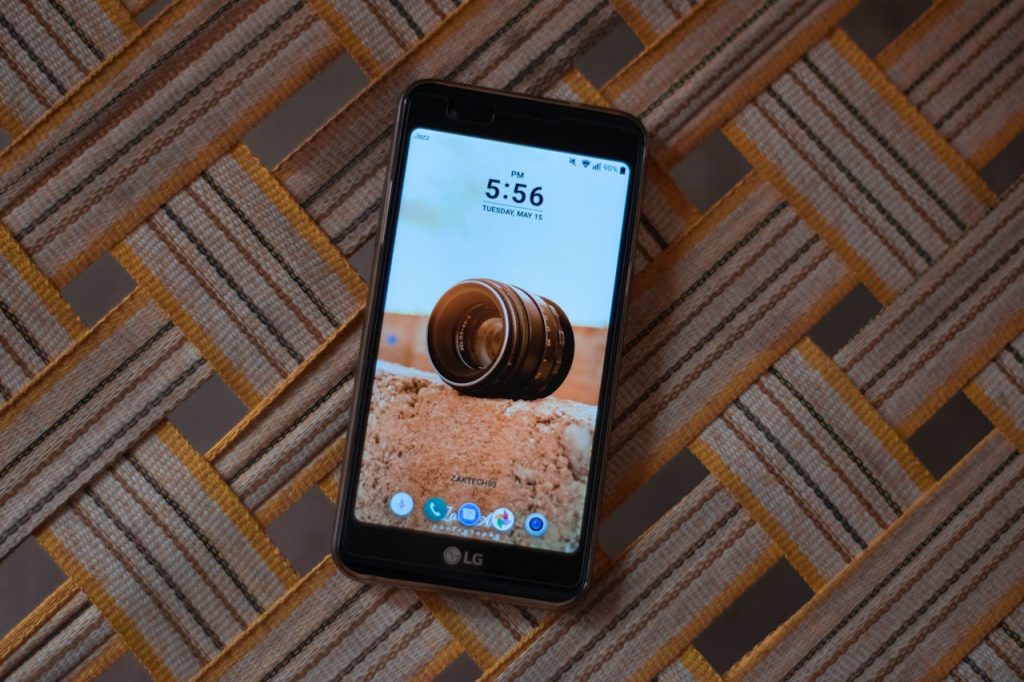



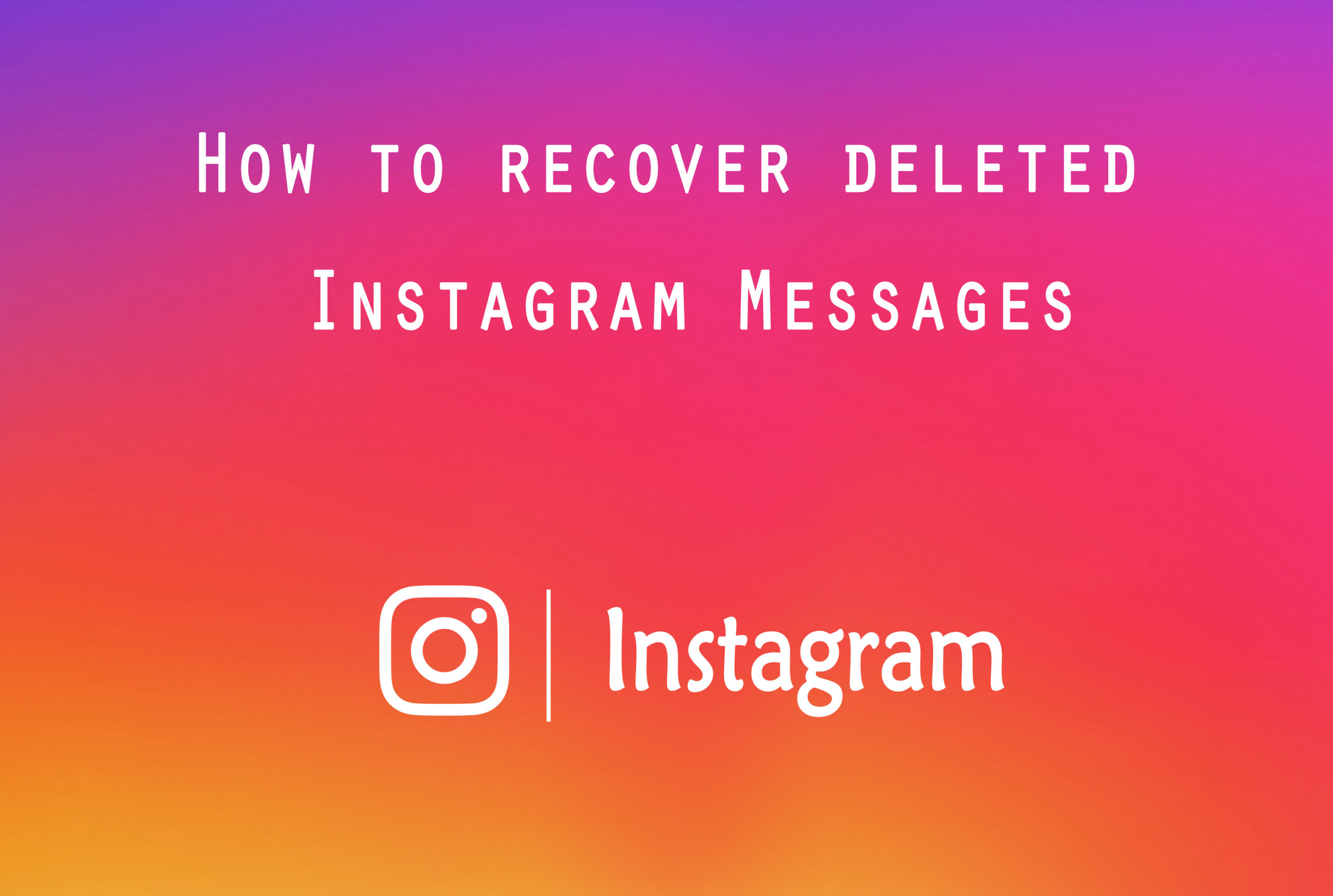

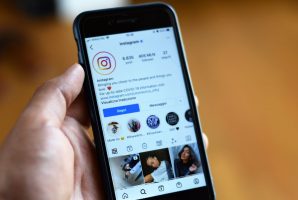
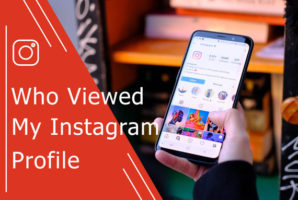
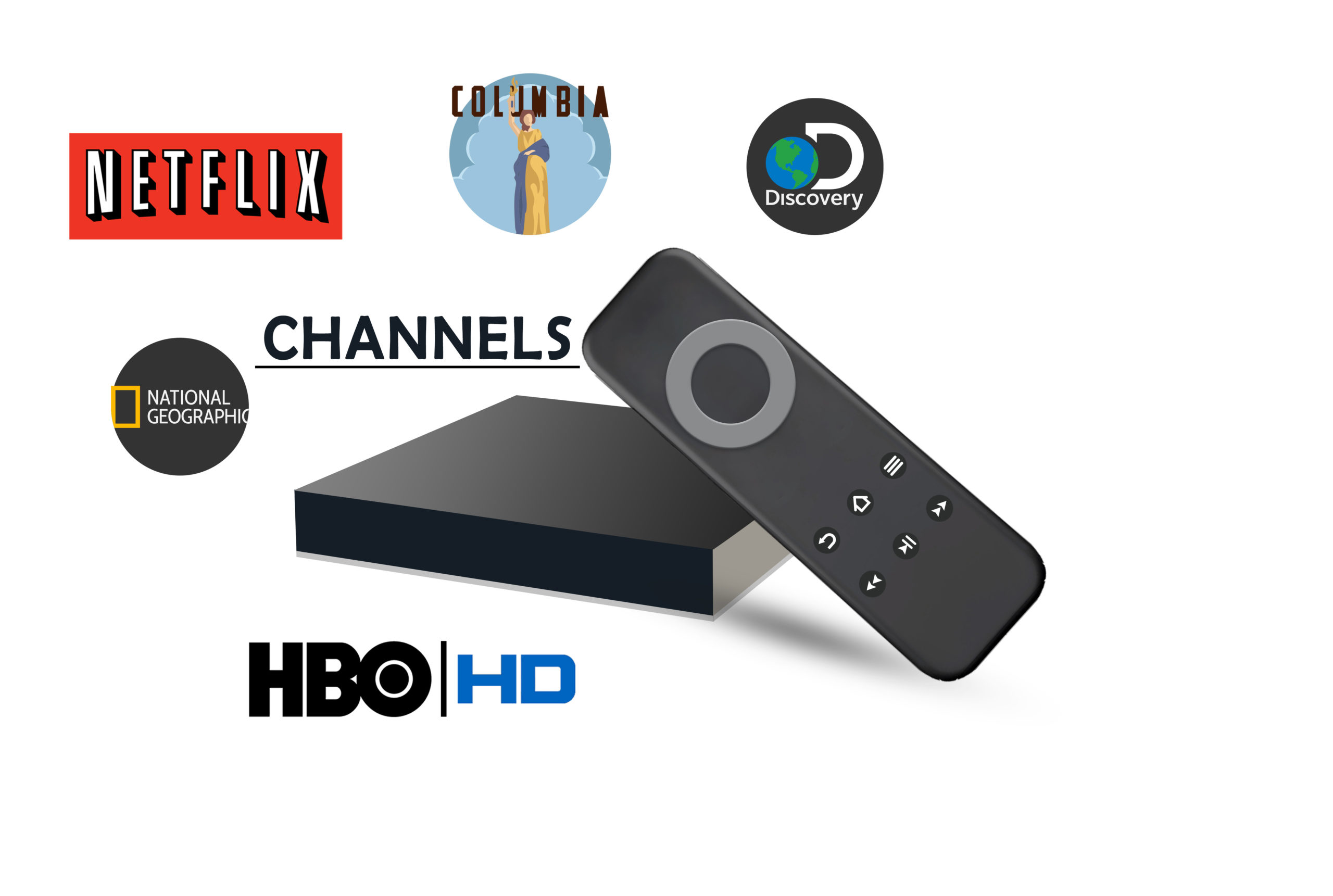


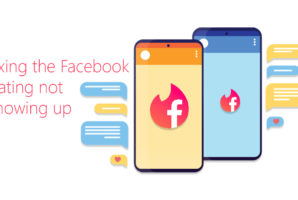
 The Importance Of Early Rochester Retirement Planning
The Importance Of Early Rochester Retirement Planning
The Huawei ban will always haunt us from now on, and this highlights the pressing need for an alternative for Android users.
Well, google has total control of android, the issue is that governments like the US or China can have also too much control of companies like google and this is certainly not that good. Thankfully the Huavey ban didn’t last for a long period but things like that can happen again